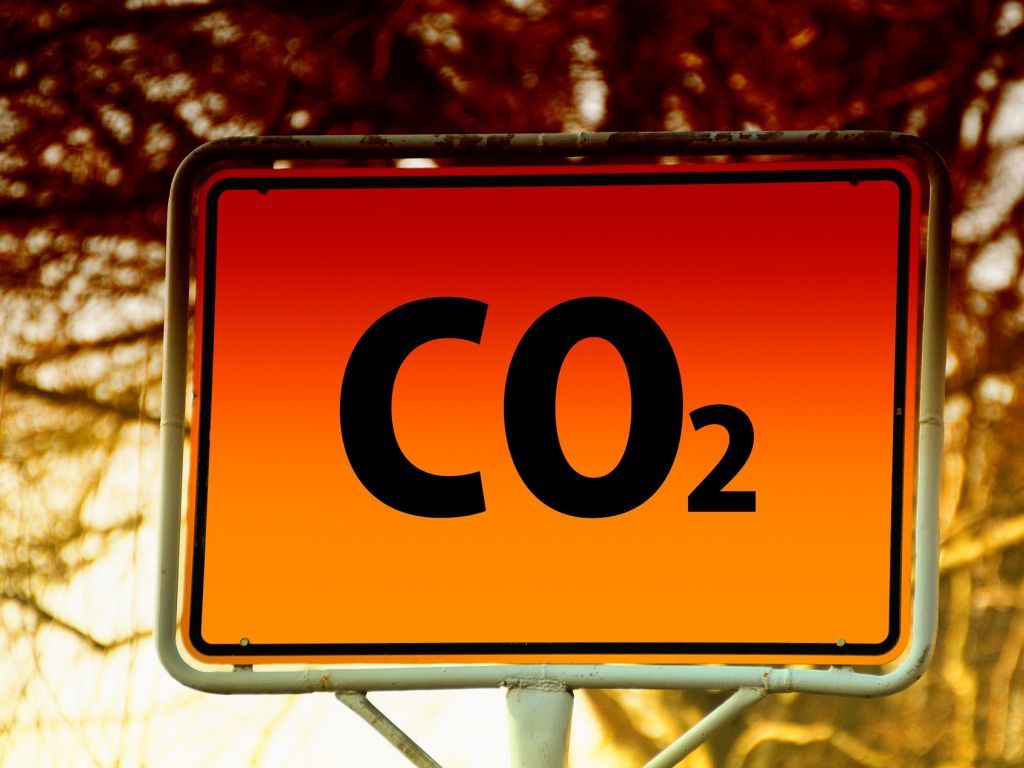Influence of the Pandemic on Reduction of Greenhouse Gas Emissions
Source: eKapija
 Wednesday, 12.05.2021.
Wednesday, 12.05.2021.
 13:18
13:18
 Wednesday, 12.05.2021.
Wednesday, 12.05.2021.
 13:18
13:18
Illustration (Photo: Pixabay / Gerd Altmann)

The survey included 8,000 people from six countries (Australia, Canada, New Zealand, Singapore, Great Britain, USA) in order to see how the changed attitudes and behaviors can influence the progress toward meeting the climate goals such as decarbonization.
More than a fourth of the subjects believe that their daily habits will change a lot. This is particularly pronounced in Singapore, where 86% of those surveyed expect a change. Increasingly more people expect to work from home even more in the future.
The most apparent legacy of the pandemic is the way we travel, the study says, because fewer people travel to their offices, and air transport is considerably reduced. The report notes that transport will have to be more dynamic and flexible in order to meet the challenges of the crisis and that city governments will probably increasingly incite the use of electric vehicles in order to reduce the emissions. Residents of Singapore come first when it comes to the readiness to buy electric vehicles (49%), whereas Australians are the least interested (37%).
The consumption of energy will change as well, and the progress in storing alternative energy sources will lead to a decentralization of energy and sponsor a new model for energy facilities, the report says. The dominant concern in all six markets is the price of energy, which can play a role in turning toward the sources of energy from solar panels, especially in poorer households.
What’s worrying is that the survey has shown that the trust that the governments, companies and the society as a whole will achieve the goals of the reduction of emissions is low. Singapore has the highest share of citizens who believe that the government will reach those goals (58%). However, at the same time, Singapore also has one of the weakest climate goals. This city-state has not yet set the exact year for the reaching of zero-emission. Last year, officials vaguely announced that the goal would be reached after 2050, as soon as it became sustainable.
Scott Morrison, the prime minister of Australia, recently said that the country would reach zero-emission as soon as possible, aiming for 2050. Joe Biden, the US president, promised something similar, saying that the country would reach carbon-neutrality no later than 2050 and that it would halve its emissions by 2030. The survey has shown that it is US citizens that trust their government the least to reach this goal (42%).
M. D.
Tags:
GHD
Government of Australia
US Government
Scott Morrison
Joe Biden
coronavirus
Covid 19
pandemic
greenhouse gas emissions
greenhouse
decarbonization
work from home
transport
electric vehicles
consumption of energy
price of energy
solar panels
carbon neutrality
Comments
Your comment
Most Important News
Full information is available only to commercial users-subscribers and it is necessary to log in.
Follow the news, tenders, grants, legal regulations and reports on our portal.
Registracija na eKapiji vam omogućava pristup potpunim informacijama i dnevnom biltenu
Naš dnevni ekonomski bilten će stizati na vašu mejl adresu krajem svakog radnog dana. Bilteni su personalizovani prema interesovanjima svakog korisnika zasebno,
uz konsultacije sa našim ekspertima.


 Izdanje Srbija
Izdanje Srbija Serbische Ausgabe
Serbische Ausgabe Izdanje BiH
Izdanje BiH Izdanje Crna Gora
Izdanje Crna Gora


 News
News






